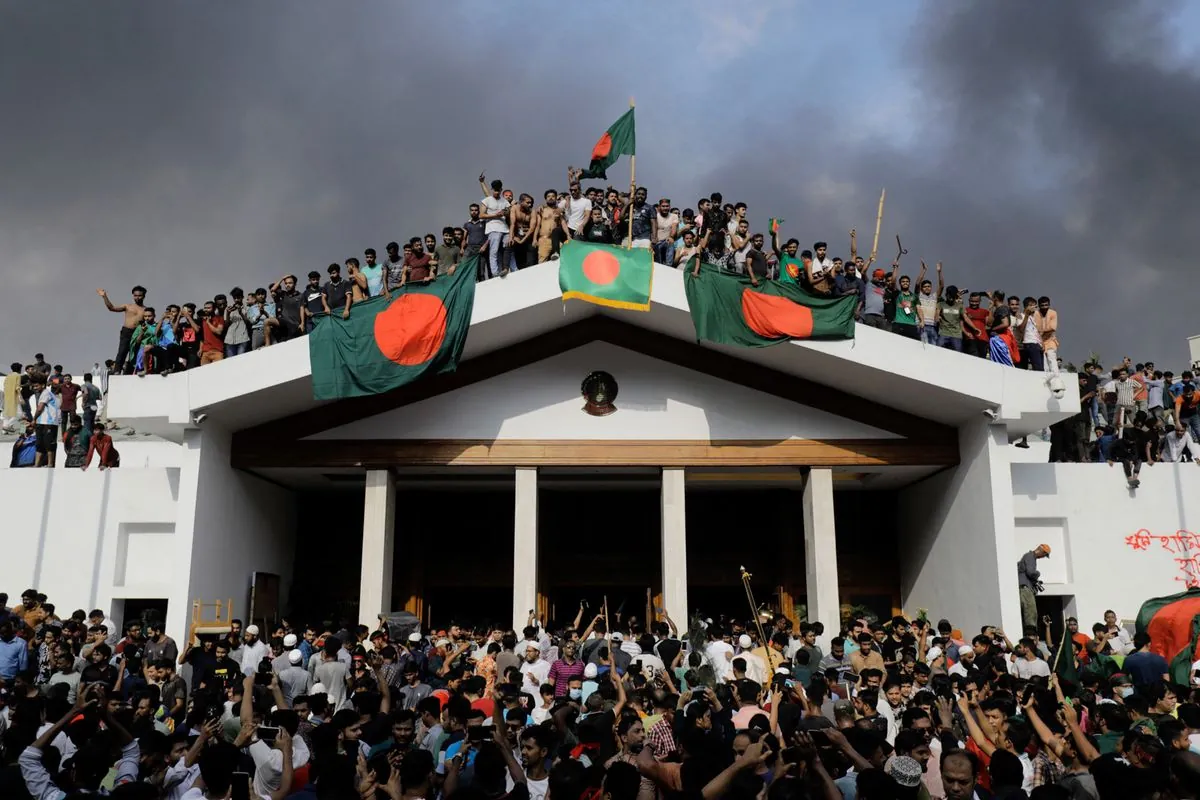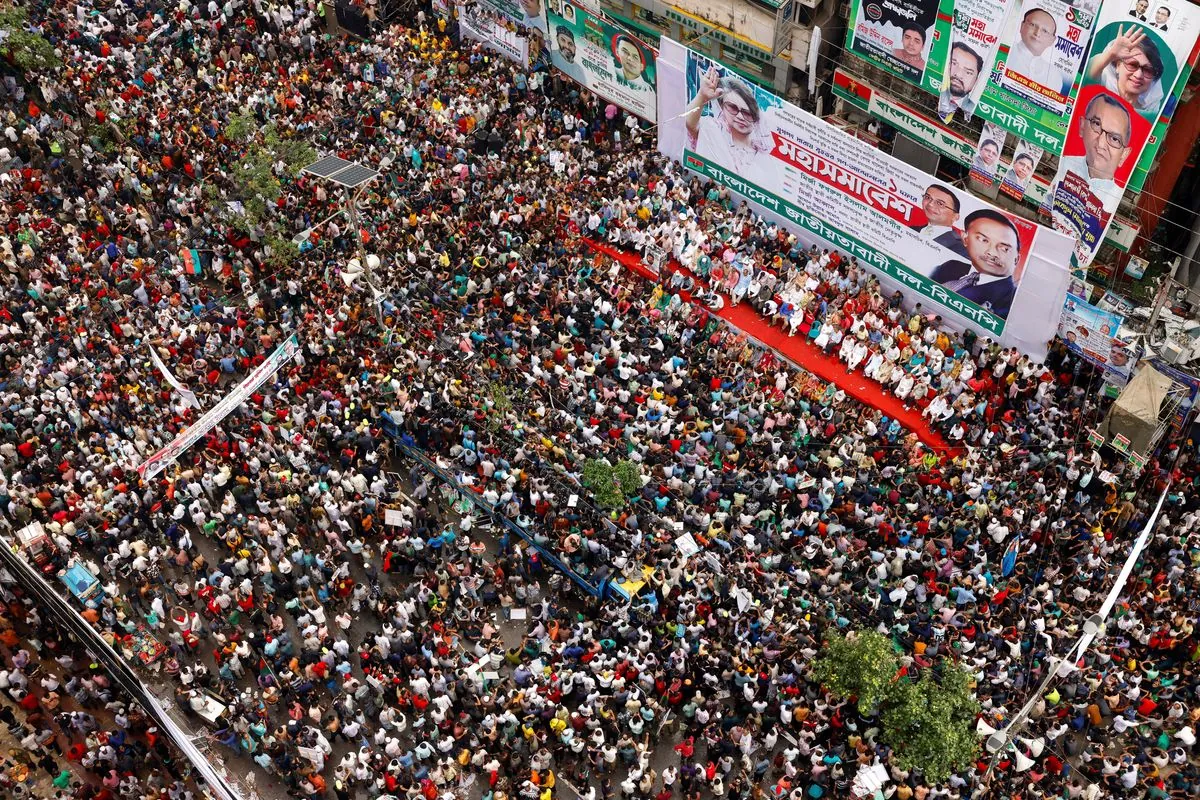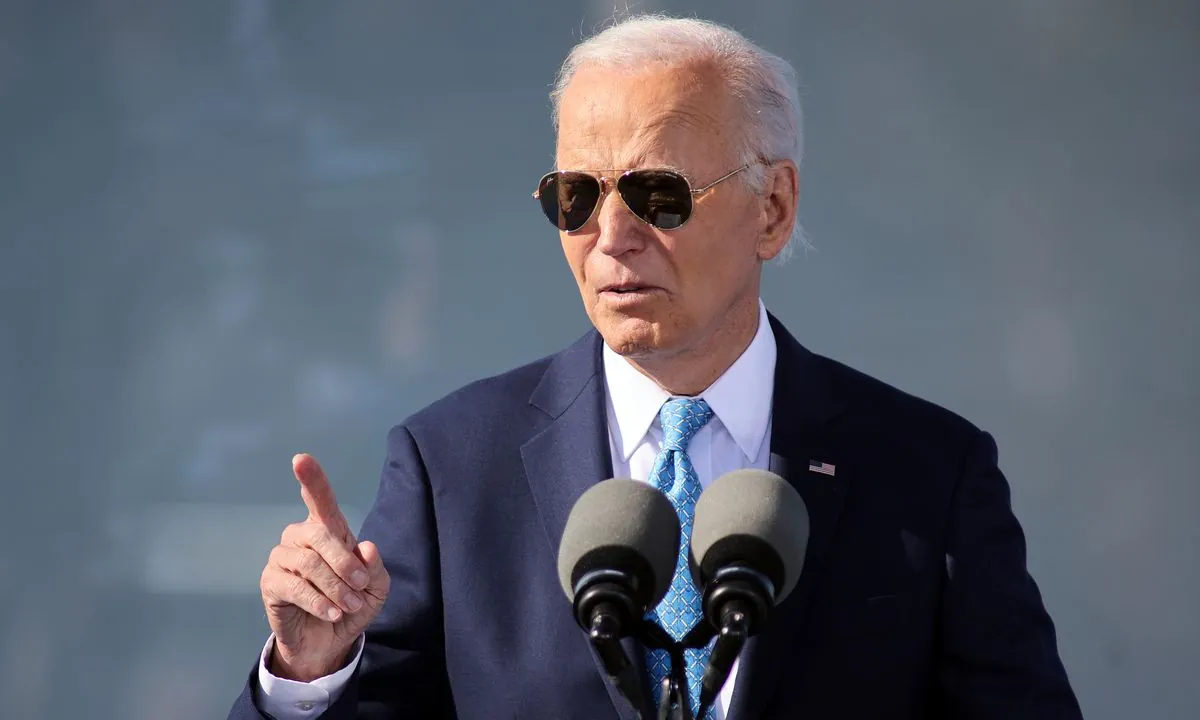Bangladesh's Democratic Rebirth: Challenges and Opportunities Ahead
Bangladesh faces a critical juncture after the fall of Sheikh Hasina's government. The interim leadership must rebuild institutions and navigate complex international relations to secure a democratic future.

In July 2024, Bangladesh experienced a significant political shift as Sheikh Hasina's government was ousted by a mass uprising led by student protesters. This event marked the end of a 15-year rule that had become increasingly authoritarian, with the final days marred by violence against civilians.
Muhammad Yunus, Bangladesh's sole Nobel laureate, now leads an interim government tasked with steering the nation towards a new democratic era. This transition, however, is fraught with challenges stemming from the previous administration's legacy.
The political landscape in Bangladesh has historically been dominated by two parties: the center-left Awami League and the center-right Bangladesh Nationalist Party (BNP). This dynamic was disrupted in 2011 when the caretaker government system was abolished, leading to a series of contested elections.

The interim government faces the daunting task of rebuilding democratic institutions that have been eroded over the past decade. Yunus has emphasized the need to restore the "lost glory" of government institutions. The country's law enforcement, judiciary, and military have all been affected by political interference and corruption.
"We must bring back the lost glory of these [government] institutions."
Bangladesh's economy, despite its potential, is grappling with significant challenges. The country, which gained independence in 1971, has made remarkable progress in reducing poverty and improving social indicators. However, corruption remains a persistent issue, with an estimated $3.1 billion laundered annually, equivalent to over 10% of the nation's reserves.
The political vacuum left by the Awami League's fall has thrust the BNP into the spotlight. However, the party faces its own challenges, including the ill health of its 79-year-old chairperson, Khaleda Zia, and questions surrounding the leadership of her son, Tarique Rahman.
A generational gap in politics has become apparent, with the median age in Bangladesh being just over 25. The recent uprising was primarily led by Generation Z, highlighting the disconnect between the aging political class and the country's youthful population.
International relations play a crucial role in Bangladesh's future. The United States, which had previously maintained a cautious approach to Hasina's rule, now faces the challenge of recalibrating its policy. The country's strategic importance in the Indo-Pacific region cannot be overlooked, especially given its young, pro-Western population of over 165 million.
India's influence on Bangladesh's politics has been significant, driven by security concerns related to its northeastern states and the strategic Siliguri Corridor. However, the fall of Hasina's government has led to increased anti-Indian sentiment, necessitating a reevaluation of New Delhi's approach.
China's growing economic presence in Bangladesh adds another layer of complexity to the geopolitical landscape. As Bangladesh's top trading partner since 2015, China has invested heavily in infrastructure projects, creating both opportunities and challenges for the country.
The interim government must address pressing issues such as establishing law and order, investigating human rights abuses, and preparing for fair elections. International support, particularly from the United Nations and Western nations, will be crucial in this process.
As Bangladesh navigates this critical juncture, it has the potential to emerge as a key player in the Indo-Pacific region. The country's rich cultural heritage, growing technology sector, and strategic location position it for a significant role on the global stage, provided it can successfully transition to a stable, democratic future.


































